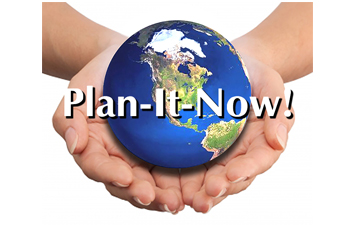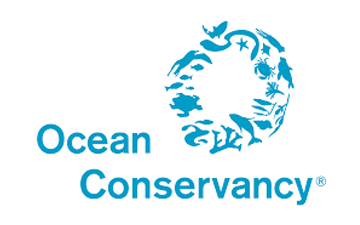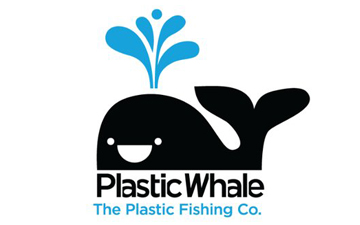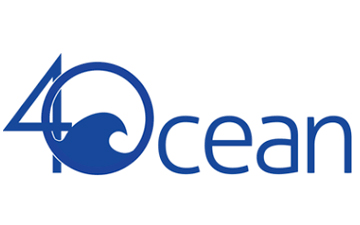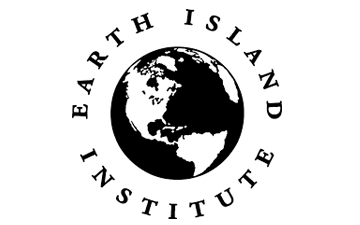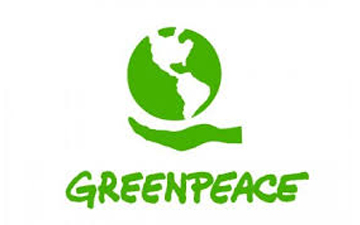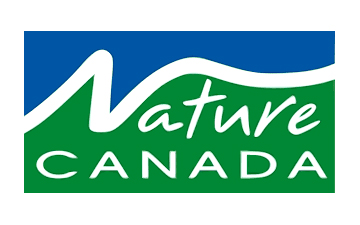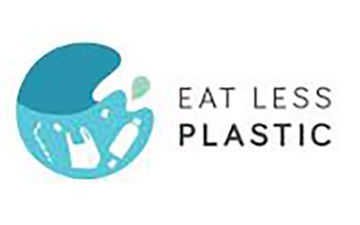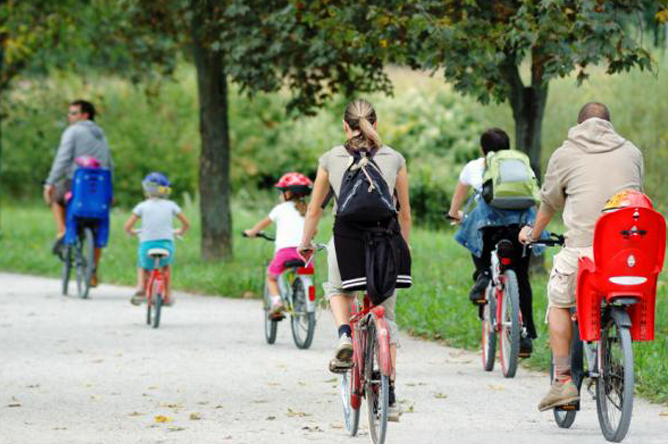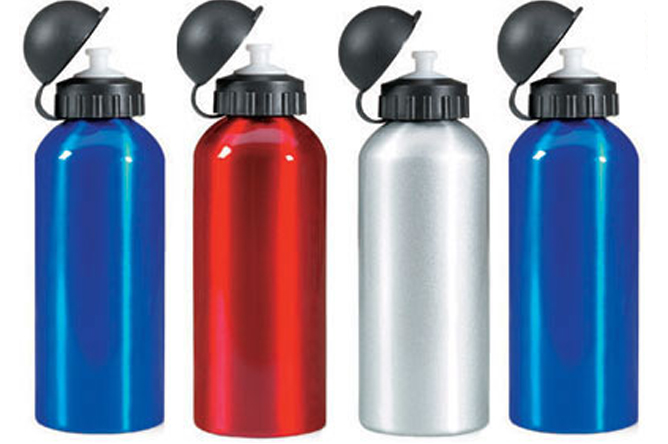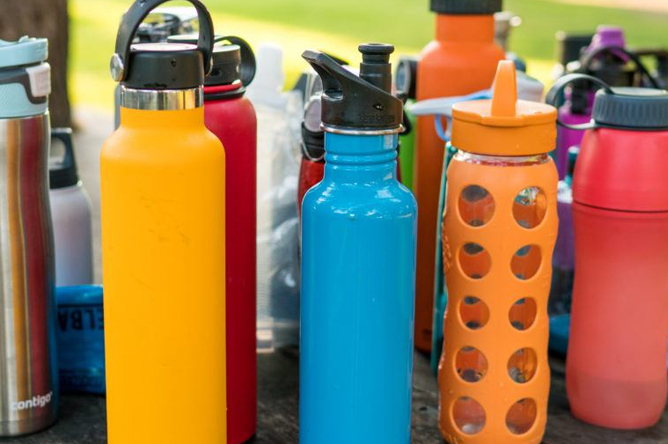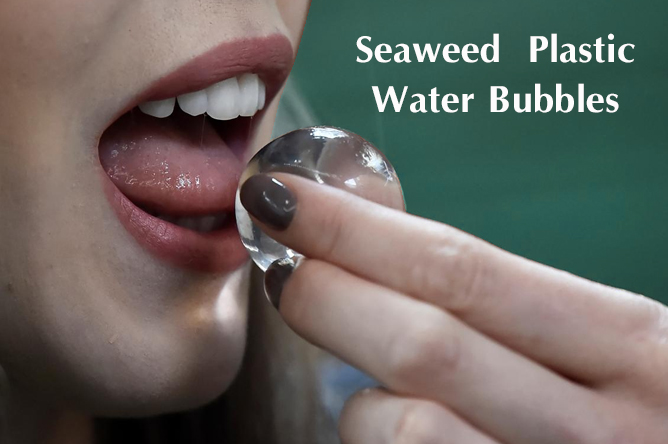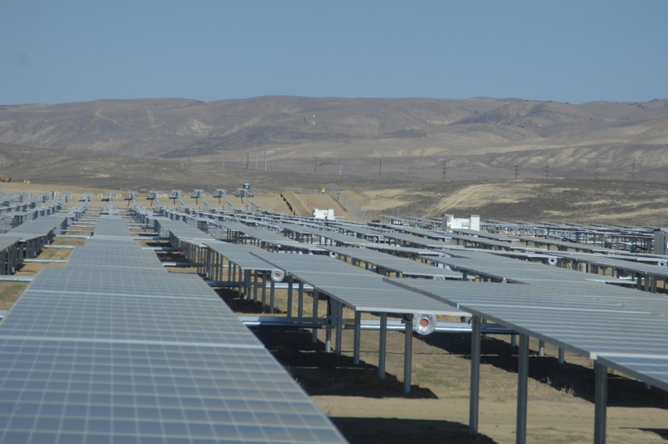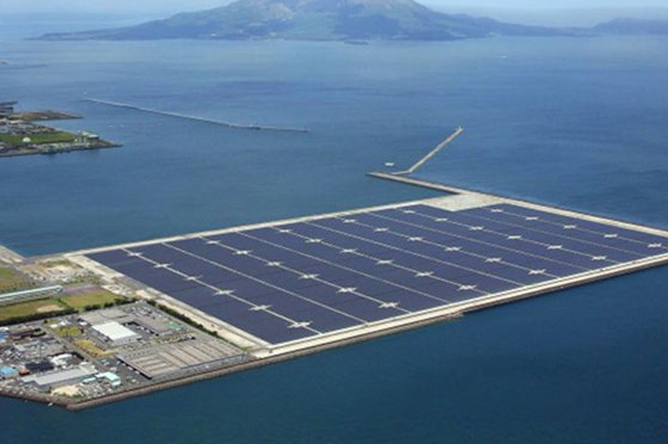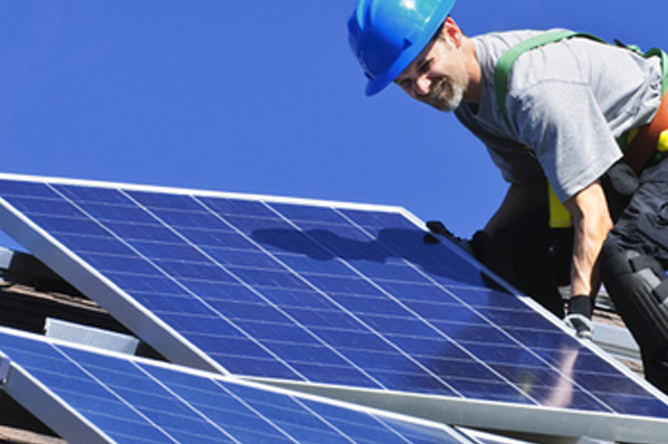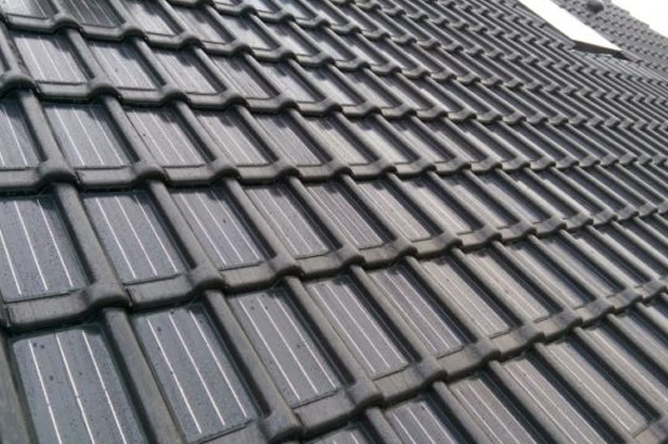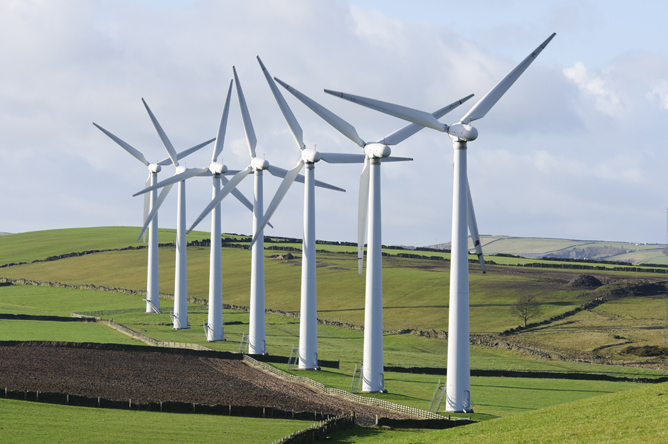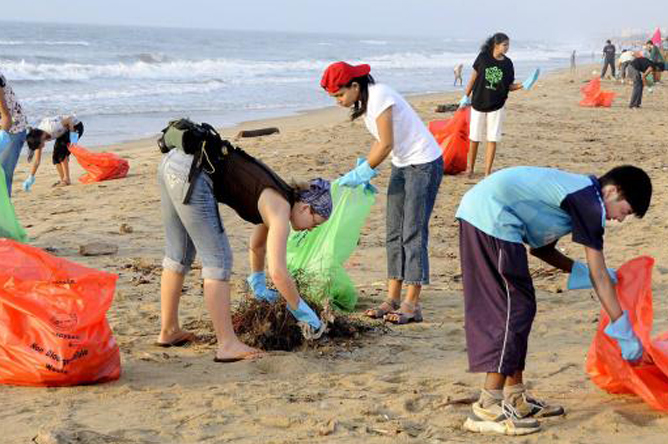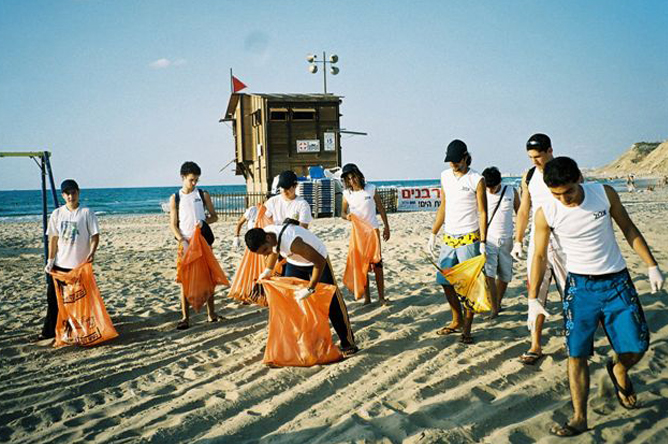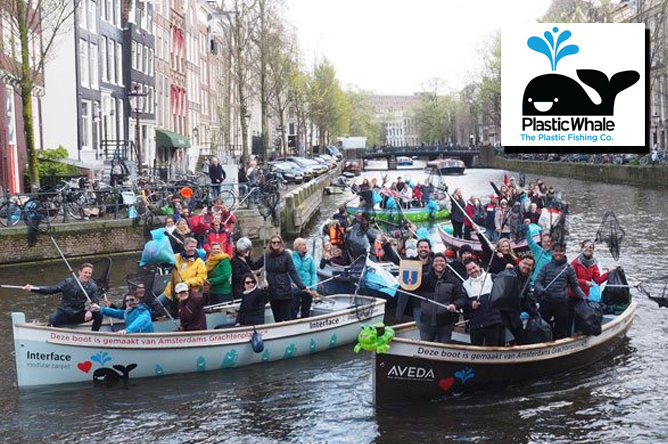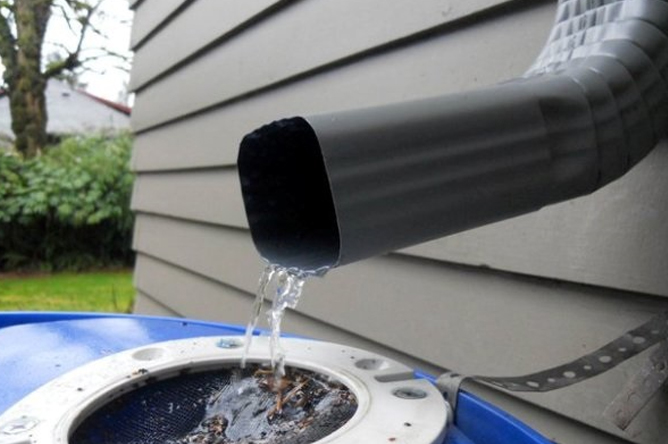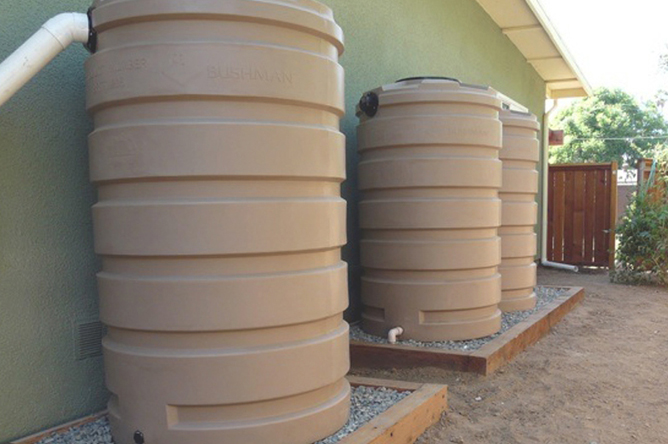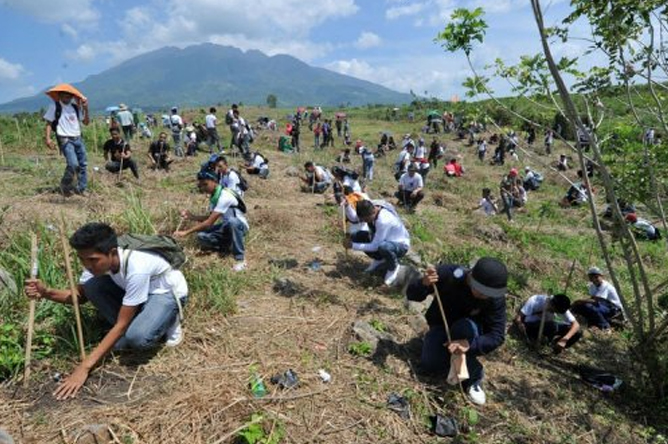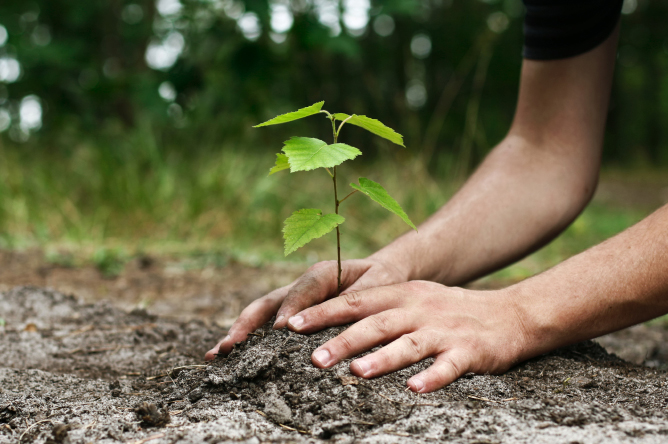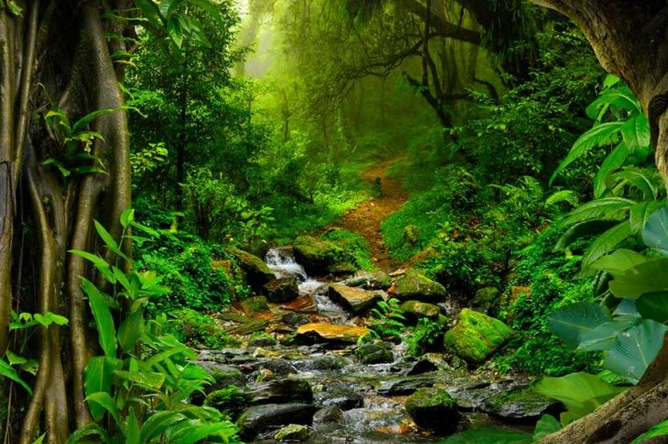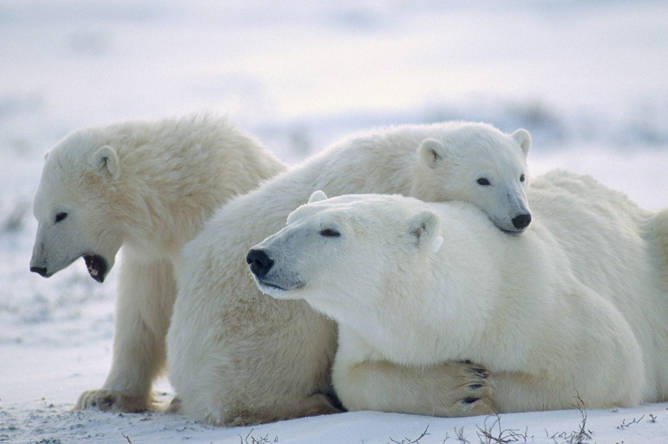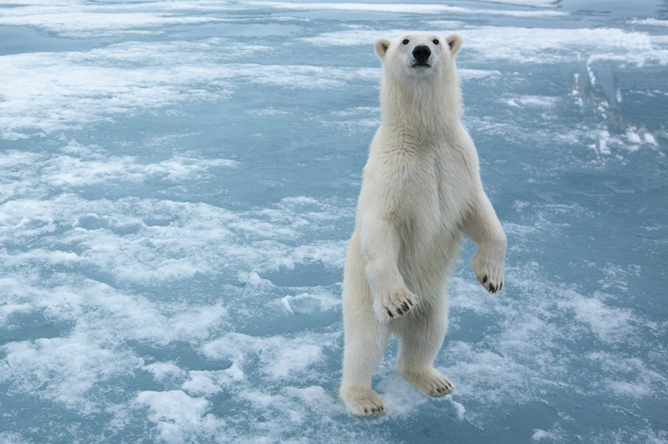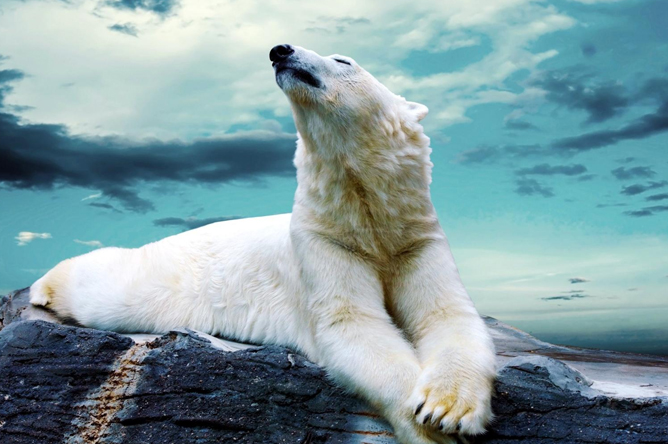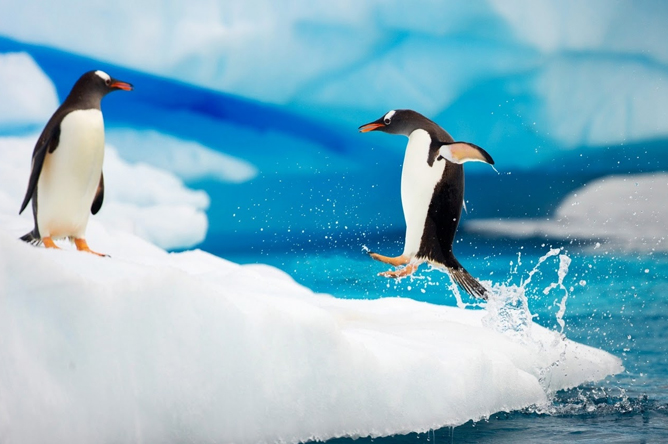MAKING A DIFFERENCE
Nature Is Speaking – Julia Roberts is Mother Nature
Julia Roberts message in this video is incredibly powerful. We must live in harmony with nature and animals. We are wiping out animals by the billions and driving so many of them to extinction. We are clearing the rainforests and destroying so much of what we need to sustain life and us on this planet. We need Mother she does not need us.
From the cloud forests of Sri Lanka to the heart of the Amazon, we are working with a growing alliance of people to fight climate change by defending the world’s precious standing forests. Our alliance includes indigenous leaders, farmers, scientists, local NGOs, company leaders, and conservationists who have endured death threats in response to their work. Together, we can realize our vision of strong forests, thriving communities, and an Earth in balance. Be a part of our alliance.
Embrace renewable energy before it's too late!
“It’s not just people that are interconnected. All the living things on the planet are interconnected.” And yet, our natural world is suffering. It’s time to come together and acknowledge our responsibility to protect and nurture the planet for future generations. Always grounded in sound evidence, the David Suzuki Foundation empowers people to take action in their communities on the environmental challenges we collectively face. We’re One Nature.
In an effort to help solve the current plastic problem, Plastic Whale and Vepa launched Plastic Whale Circular Furniture on the 22nd of February: high-end office furniture that is made from Amsterdam Canal Plastic. The debut collection consists of a boardroom table, a chair, lamps and acoustic wall panels. Part of the proceeds will be invested in local initiatives across the world that tackle the plastic soup problem. Plastic Whale is the world’s first professional plastic fishing company. Every day, Marius Smit trawls Amsterdam’s canals to reap the plastic floating there. His catch is then recycled.
This year on May 14th, five brave souls will board the 54ft. sailboat “TODAY” to cross uncharted parts of the Pacific Ocean in order to collect insights on the Oceans rapidly declining health. For five life-risking months, the team of researchers, champion sailors, actors, and artists, will be monitoring and document visible and invisible plastic waste known as microplastics. The information and data will be sent to the onshore team for monitoring and data analysis for the public as well as legislative change to change the way our culture uses plastic and to essentially #EatLessPlastic. The entire journey will be filmed using state of the art technology to give viewers a once in a lifetime opportunity to travel on the journey of a lifetime.
Enactus National of Wilfrid Laurier University Waterloo has developed soap tablets eliminating the need for plastic bottles and containers. They also launched EarthSuds to manufacture and distribute the products. They built a team of superstars; to replace all single-use plastic products. EarthSuds achieves all three dimensions of sustainability; economically it generates and re-invests profits, it employs adults with developmental disabilities, and environmentally it strives to eliminate single-use plastics. One of National Geographics top 10 innovations in the world for solving our oceans plastic crisis!
The Time Is Now
Climate Change and Energy
Protecting our environment is about expanding our knowledge, making changes in how we live and sometimes learning to adapt to changes that have already taken place. Our increased use of fossil fuel energy is unsustainable, and burning these fuels produces greenhouse gas emissions that impact global warming. … It’s time to make a Change For Our Planet and for Our Lives!

zero waste city
San Francisco is panning to become a zero waste city by 2020. Many cities are starting to tackle this problem by implementing policies to help curb the waste by recycling and composting more. It’s known as the “zero waste” movement, and San Francisco is on the forefront. Other cities that have zero waste goals include Portland, Seattle, Minneapolis, Austin, and Oakland. But San Francisco has been the most aggressive. Its goal is to achieve zero waste by 2020, and it has diverted 80% of its waste from landfills so far. Now the city is getting attention from all around the world.
6,000 Tons of Trash on Mumbai’s Beaches
Afroz Shah decided to take matters into his own hands.
Over three years ago, Versova beach in Mumbai was little more than a dumping ground for garbage and waste. After witnessing the devastating impact the refuse was having on the ocean, Afroz Shah decided to take matters into his own hands. What started off as a single man’s mission to clean up his favorite childhood beach turned into the world’s largest beach cleanup initiative. As of today, Shah and hundreds of volunteers have cleaned up over nine million kilograms of plastic and waste, with hopes to expand their initiative to other beaches in the future.
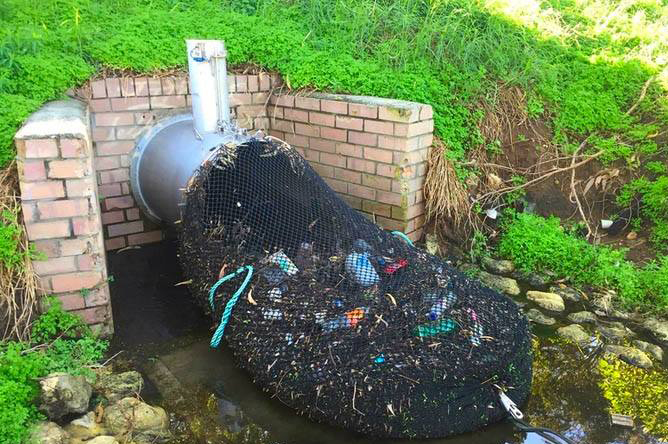
Litter Collection
Stormwater can act as the ultimate vehicle for transfering litter from urban enviroments to the seas. Waterway collecton systems are becoming crucial to reduce the environmental damaged caused by rubbish. Australia’s municipality employs a variety of methods in the battle for clean waterways. Among the worst culprits of litter in waterways are single use plastics, these plastics do not biodegrade, but instead photodegrade. The movement of plastics from users to wildlife can be easily followed, with stormwater serving as the ultimate vehicle. Governments and individuals around the globe should take action to keep pollutants out of waterways.
The Ocean Clean UP - system 001
Ocean Cleanup launches into the Pacific
The Ocean Cleanup successfully launched its ocean plastic cleanup system on Saturday, Sept. 8 from Alameda, California, and is now on its way to clean up the Great Pacific Garbage Patch.
To fight climate change we must change the ways we use land. WWF and partners are calling on businesses, states, city and local governments, and global citizens to take action for better forest and habitat conservation, food production and consumption, and land use. If we work together across all sectors of the economy, we can deliver up to 30% of the climate solutions needed by 2030. Learn more at ClimateLandChallenge.org and worldwildlife.org/Land.
plastic roads
Can plastic roads help save the planet?
What if the plastic we dispose of could be turned into roads? There are 40 million kilometers of roads in the world. Made using hundreds of millions of barrels of OIL. Using plastic waste would be and could be a win win solution.
Our mission is to conserve nature & reduce the most pressing threats to the diversity of life on Earth
For more than half a century, WWF has worked to find innovative solutions that meet the needs of both people and nature. It’s a big job. And no one person or organization can do it alone. But together we can. Working with communities, government, businesses and individuals, we can protect life on this planet, including our own.
companies that are making a difference
